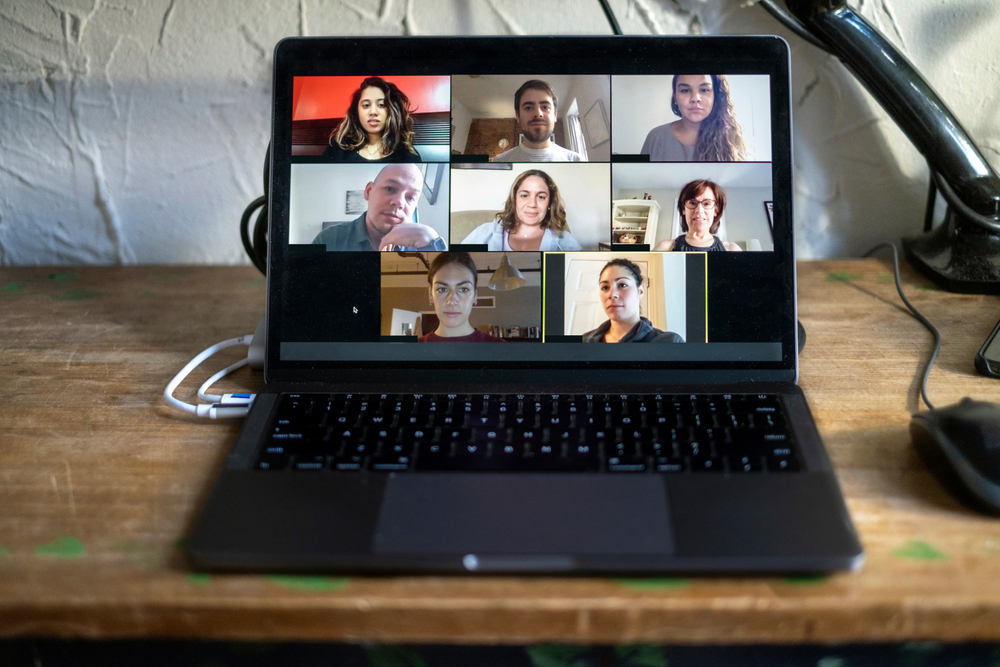The parallels between chronic disease and COVID-19
I recently spoke at a conference for patients with C3 Glomerulopathy (C3g) and their families. C3g includes a group of rare kidney diseases for which there are limited treatment options and no cure. As a psychologist, I was asked to speak on living with and acceptance of chronic disease. As I prepared my talk, I continued to return to the idea that the adjustment to chronic disease is one that parallels the global adjustment to COVID-19 in many ways.
Chronic disease can impact all areas of life – physical health, mental health, finances, social participation, work, education, independence, and many more. The natural reaction to these changes is avoidance — resisting, denying, fighting, ignoring, or resigning. However, what we are often responding to in each of these behaviours is grief. The loss of the way it once was – the thoughts “it doesn’t have to be this way” or “it shouldn’t be this way.” The thoughts and the grief make perfect sense, and when we try to ward off this grief with avoidance, we miss out on the message. Grief signals to us that there’s something missing, something that we desire. Only when we listen to the message can we use that information to inform our choices.
Adversity seems to be everywhere in present times. Nearly every corner of the earth has been impacted by COVID-19, and few lives haven’t been altered by the pandemic or its associated restrictions. People are grieving the way that life was before the pandemic, grieving loved ones they have lost, choosing to live as though nothing is different, or fighting against the inevitable changes that the pandemic has brought. No matter what we choose to do, the virus remains present.
As the world tries to adapt to a life full of new considerations, this mirrors the adjustment to life with a chronic disease, which can include symptoms beyond our control, fear about the future, and a host of new appointments, treatments, medications, or required changes in behavior. This is likely to be overwhelming at times – and we, too, might try to live as though nothing has changed or fight against the changes that doctors have suggested. And yet, the more that we try to contain the disease to one area of life, the more it seems to spread to other areas of life. This won’t change the reality of the disease, and the disease will demand for us to listen, to respond.
Perhaps a different approach – one of willingness, flexibility, and creativity — is most helpful. As we navigate the pandemic, we do what we can to keep ourselves and our communities safe – wearing a mask, keeping our distance, staying home when we can, and limiting in-person gatherings. Doing these things for months on end requires a great deal of acceptance, and this only works if we are clear about the reasons underlying these behaviours.
In the case of the pandemic, we might engage in these safe behaviours to protect our family, our community, and ourselves. To do this and remain connected with the people we care about, we have to be flexible in how we connect, and we have to get creative. We might have a parade of family drive by for a child’s birthday or hold weddings or funerals over Zoom. We might hold gatherings outdoors or make more phone calls than house calls. Most importantly, we might show up for ourselves like we would a friend who is suffering, even when we would rather run. Even if difficult, we can choose to make different choices in service of what matters most.
The process of applying willingness and flexibility in the context of chronic disease is the same. As symptoms impact our lives, and the disease demands that we adjust, we get to choose whether or not we do so. The grief will arise, our mind shouting, “this isn’t the life I planned” or “it shouldn’t be this way,” and yet, this is life in that moment. When we choose to accept what life has thrown us moment-to-moment, we can more effectively pursue the things that are most important to us.
Even with chronic disease, we can still create a meaningful life – one full of vitality and passion, full of the people we love, and full of choices. Even when it feels like we’ve drawn a hand of cards that is less than perfect, we still get to choose how we play the game. We always have a choice. Most importantly, we always have the choice to show up for ourselves – to feel the full range of emotions, to grieve the loss of our past life, and to respond to our pain with compassion and kindness.
References
Smith, R. J., Appel, G. B., Blom, A. M., Cook, H. T., D D’Agati, V., Fakhouri, F., … & Noris, M. (2019). C3 glomerulopathy—understanding a rare complement-driven renal disease. Nature Reviews Nephrology, 15(3), 129-143.
https://kidneeds.lab.uiowa.edu/2020-c3g-family-conference
Original Source: https://www.psychologytoday.com/





